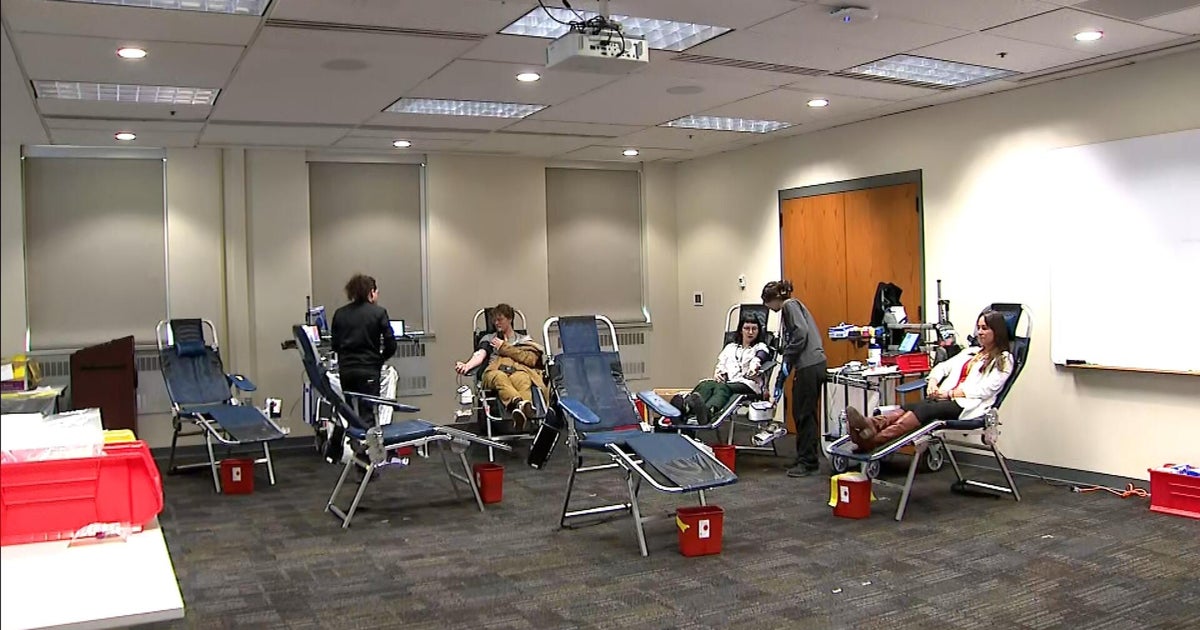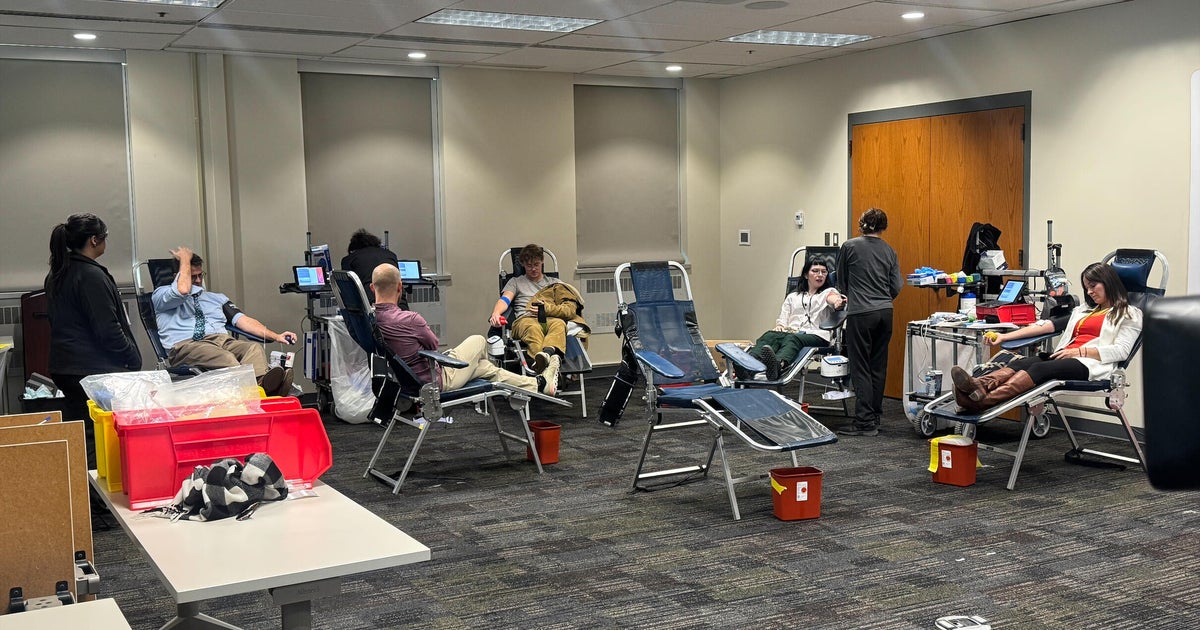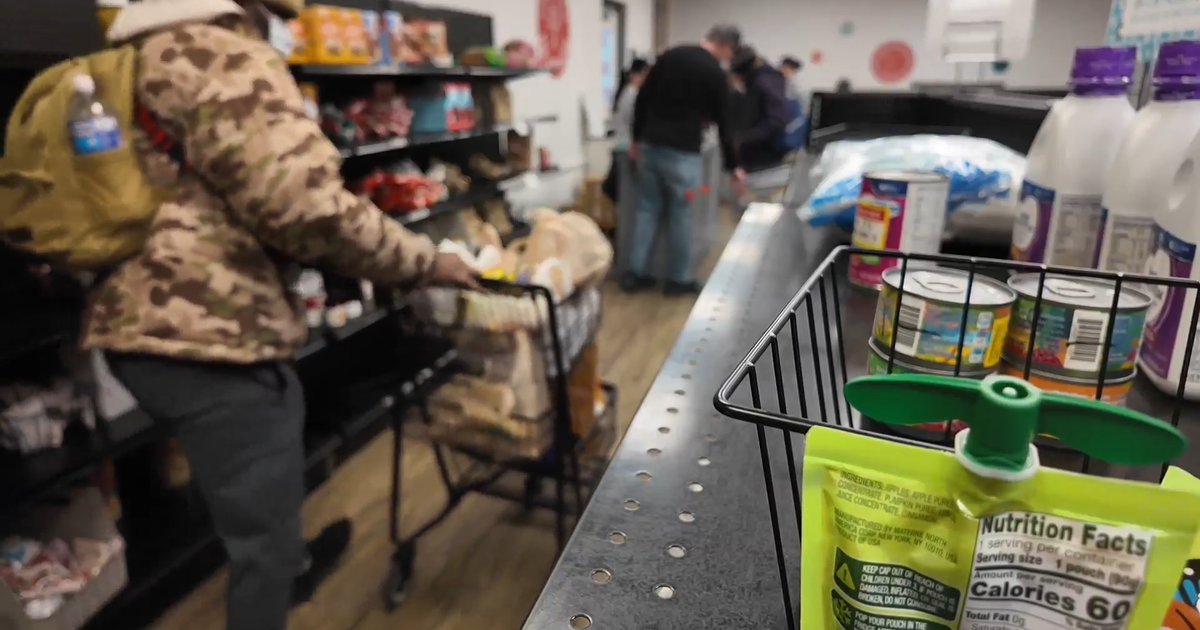Low supply of antibiotic amoxicillin as RSV, flu spike in kids
PHILADELPHIA (CBS) -- A popular antibiotic treatment is in short supply as multiple infectious diseases are spreading rapidly in children. The amoxicillin shortage appears to be linked to the surge of RSV and flu cases.
Amoxicillin is one of the most commonly prescribed antibiotics, used extensively to treat upper respiratory illnesses. It's also in high demand to treat secondary bacterial infections, which can be a complication of RSV.
Kate Brown was shocked to find out she couldn't get the antibiotic amoxicillin for her daughter's ear infection.
"I was a little nervous putting her on something that she hadn't been on before," Brown said.
- Doctors concerned holiday gatherings could spike flu, RSV cases
- Doctors warn of possible triple virus threat this winter
"Amoxicillin is related to penicillin," said Dr. Celine Gounder, an infectious disease specialist. "It's one of the most commonly used antibiotics, particularly in children. And it can be used for conditions like sore throat or ear infections."
The FDA recently added amoxicillin oral powder to the drug shortages list, citing increased demand. Pharmacists use the powder to make the liquid form of the medication that's easier for kids to take.
"To have a shortage on something like this, that's pretty shocking," said pharmacy owner Clarence Sullivan.
There are alternatives that can be prescribed instead of amoxicillin.
"I'm thankful," Brown said. "But as a mom of three [kids], they've all been sick for the last couple of months. I'm honestly kind of nervous, because if we're out of amoxicillin and kids usually need liquid medication, like at what point are we going to run out of the other options?"
Gounder says not all infections need antibiotics.
"Only bacterial infections will respond to an antibiotic," she said. "Unnecessary exposure to antibiotics breeds resistance to those antibiotics. And particularly when we're in the situation of a shortage, we should use those antibiotics carefully."
The FDA says it's working with approved manufacturers to help prevent these kinds of drug shortages in the future.







